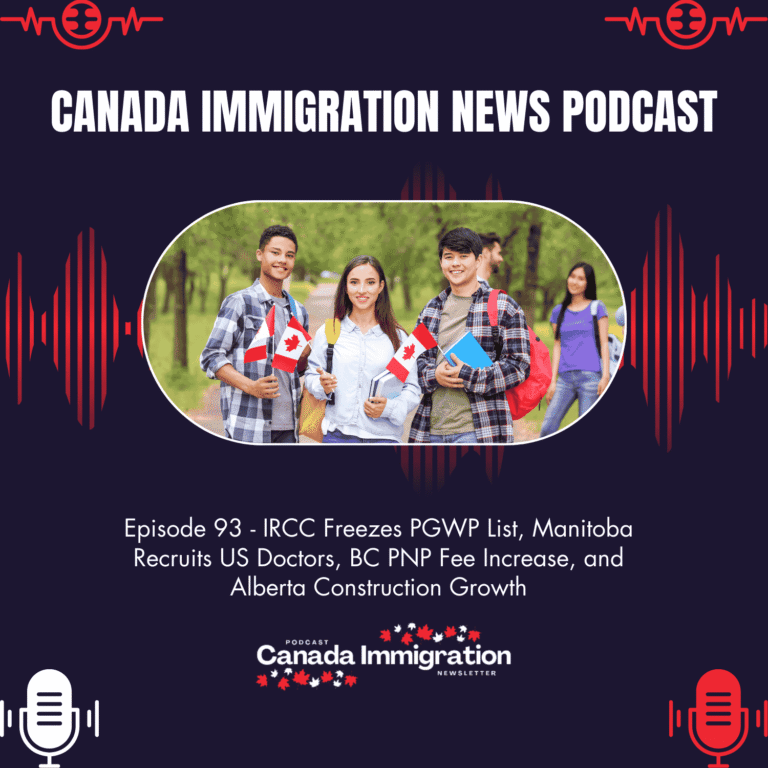Immigration Announcement
IRCC DNA Testing Guidelines Updated to Strengthen Citizenship and Immigration Processes

Immigration, Refugees and Citizenship Canada (IRCC) has introduced a major update to its DNA testing framework, effective September 5, 2025. The revised IRCC DNA testing guidelines are designed to streamline genetic relationship verification for both citizenship and immigration cases while ensuring fairness, transparency, and consistency across applications.
These new procedures maintain DNA testing as a voluntary, last-resort measure but make the process more accessible and secure for applicants worldwide.
Key Changes in IRCC DNA Testing Procedures
The 2025 update introduces several important improvements, including:
- Separate processes for citizenship and immigration applications, offering greater clarity.
- Virtual witnessing at select International Organization for Migration (IOM) offices, reducing travel barriers for applicants.
- Standardized documentation in the Global Case Management System (GCMS) to ensure accuracy and consistency.
- Clearer protocols for positive or negative results, as well as guidance when applicants decline DNA testing.
- New standardized communication tools for IRCC officers to improve fairness and reduce confusion.
These changes aim to modernize the process while continuing to respect applicants’ rights and privacy.
Why DNA Testing is Used in Immigration and Citizenship
While rarely required, DNA testing plays a critical role when documentary evidence of a biological relationship is missing or inconclusive. Typical cases include:
- Sponsorship applications involving children or parents
- Citizenship applications where birth records are unavailable
- Situations where official documents cannot be verified
By clarifying procedures, the new framework ensures that testing remains a last resort, not a first step, in verifying family ties.
Benefits for Applicants and Families
The modernized approach brings several advantages:
- Convenience: Virtual witnessing at IOM offices means fewer logistical hurdles.
- Transparency: Clearer guidance ensures applicants understand their options.
- Fairness: Declining DNA testing now comes with structured procedural fairness measures.
- Efficiency: Faster and standardized recording of results in GCMS helps avoid delays.
Together, these updates make the process smoother and less stressful for families seeking to reunite or secure their status in Canada.
A Modern Framework for Fairness and Clarity
The new IRCC DNA testing guidelines reflect Canada’s efforts to balance efficiency with fairness in immigration and citizenship cases. By introducing virtual witnessing, clearer protocols, and standardized documentation, IRCC is making the process more accessible while maintaining DNA testing as a voluntary, last-resort tool. For applicants, this update provides greater clarity, stronger protections, and a smoother path through the immigration and citizenship system.























